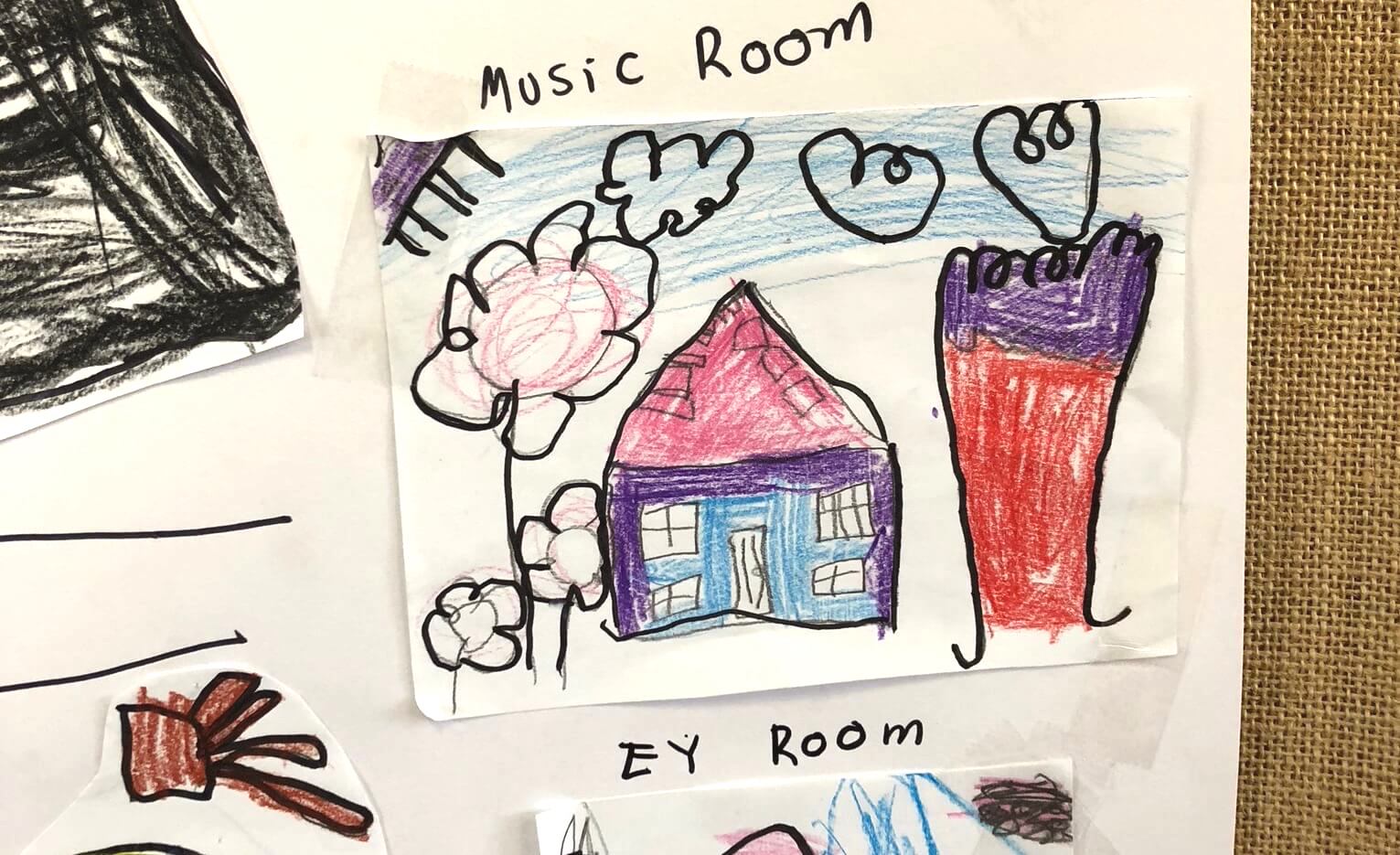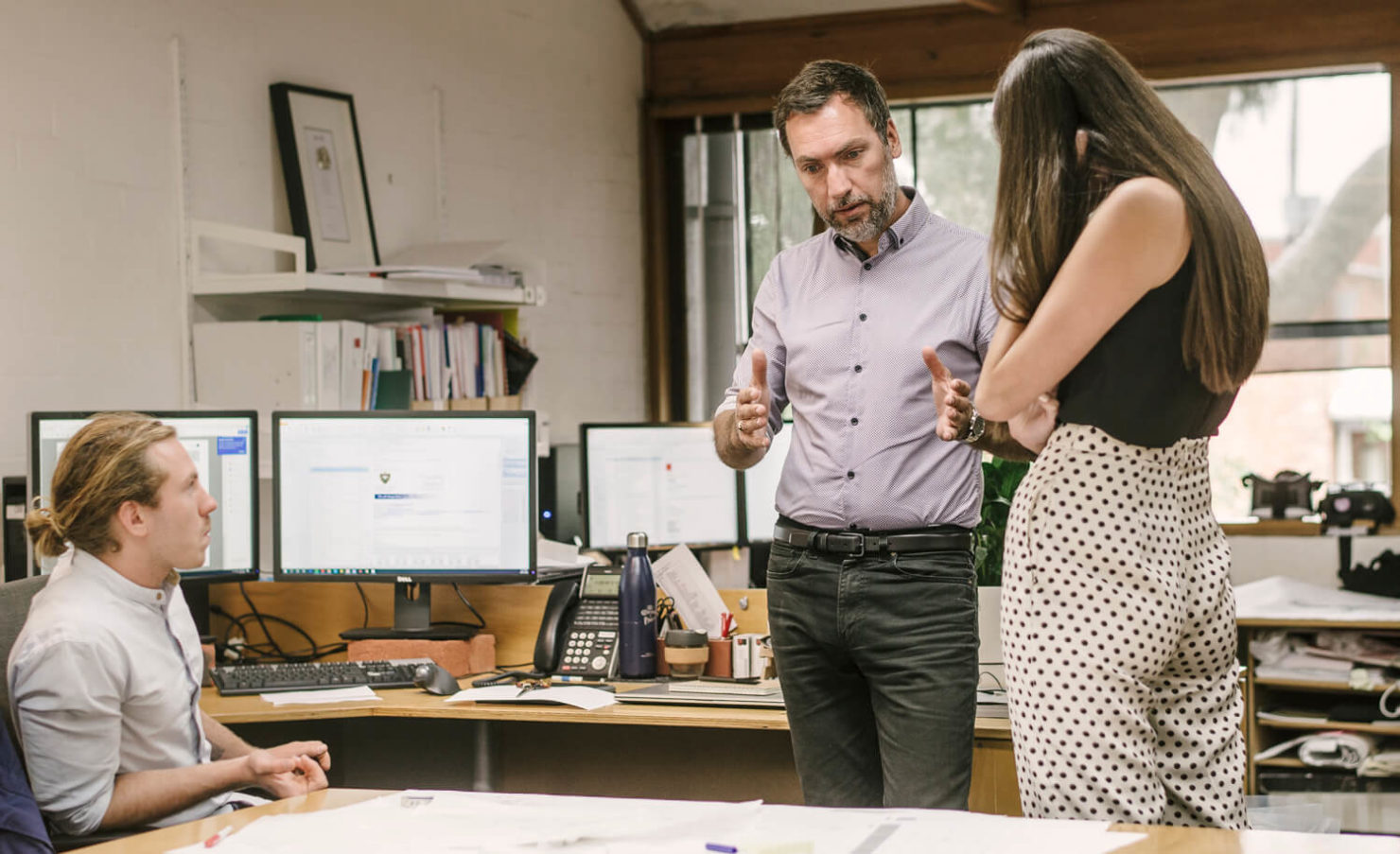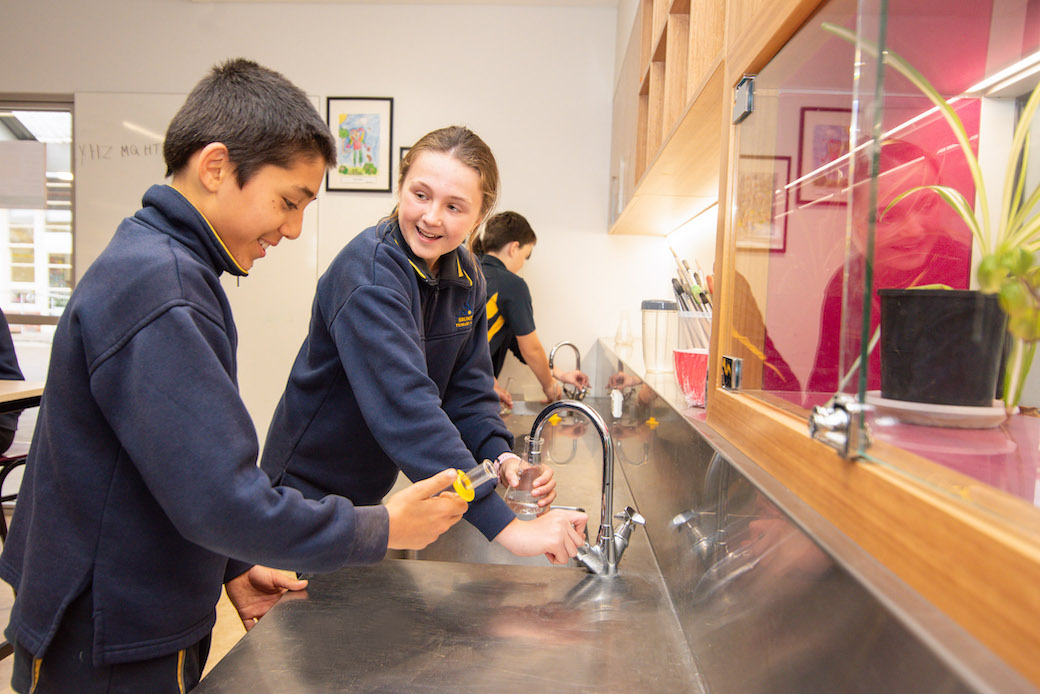While a new facility is sometimes appropriate, we know this does not always represent the school’s long term capital works objectives, nor the best use of school funds. Our detailed, early research builds the business case for change by demonstrating the capacity and utilisation of existing facilities. Crucially, this helps us to answer that persistent question we hear from school leadership: should we refurbish or start afresh?
After eight decades in practice, we know that data is a designer’s best friend. Timetables demonstrate how well an existing building is used; whether teachers or students are constantly on the move; and if specialist facilities are underutilised. To improve the teaching and learning experience, we must start here. This data also arms us with the information required to minimise disruption to learning during construction.


